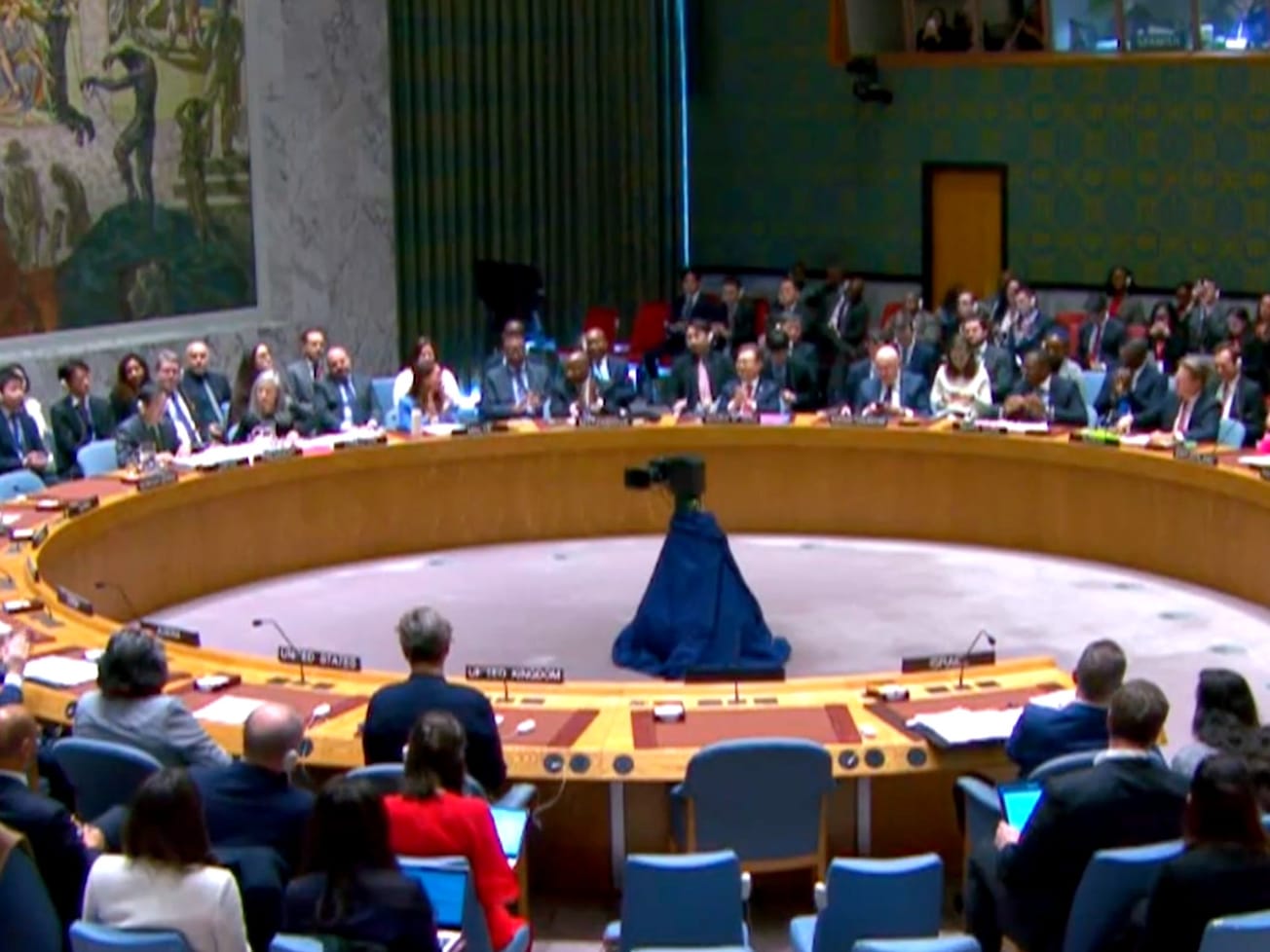After four failed attempts, the United Nations' most powerful arm on the fifth try approved a long-awaited resolution demanding an immediate ceasefire and unconditional release of all hostages in war-torn Gaza.
The United Nations Security Council issued its first call on Monday for a halt in the Israel-Hamas war, saying the warring sides must lay down their arms unconditionally during the Muslim holy month of Ramadan.









